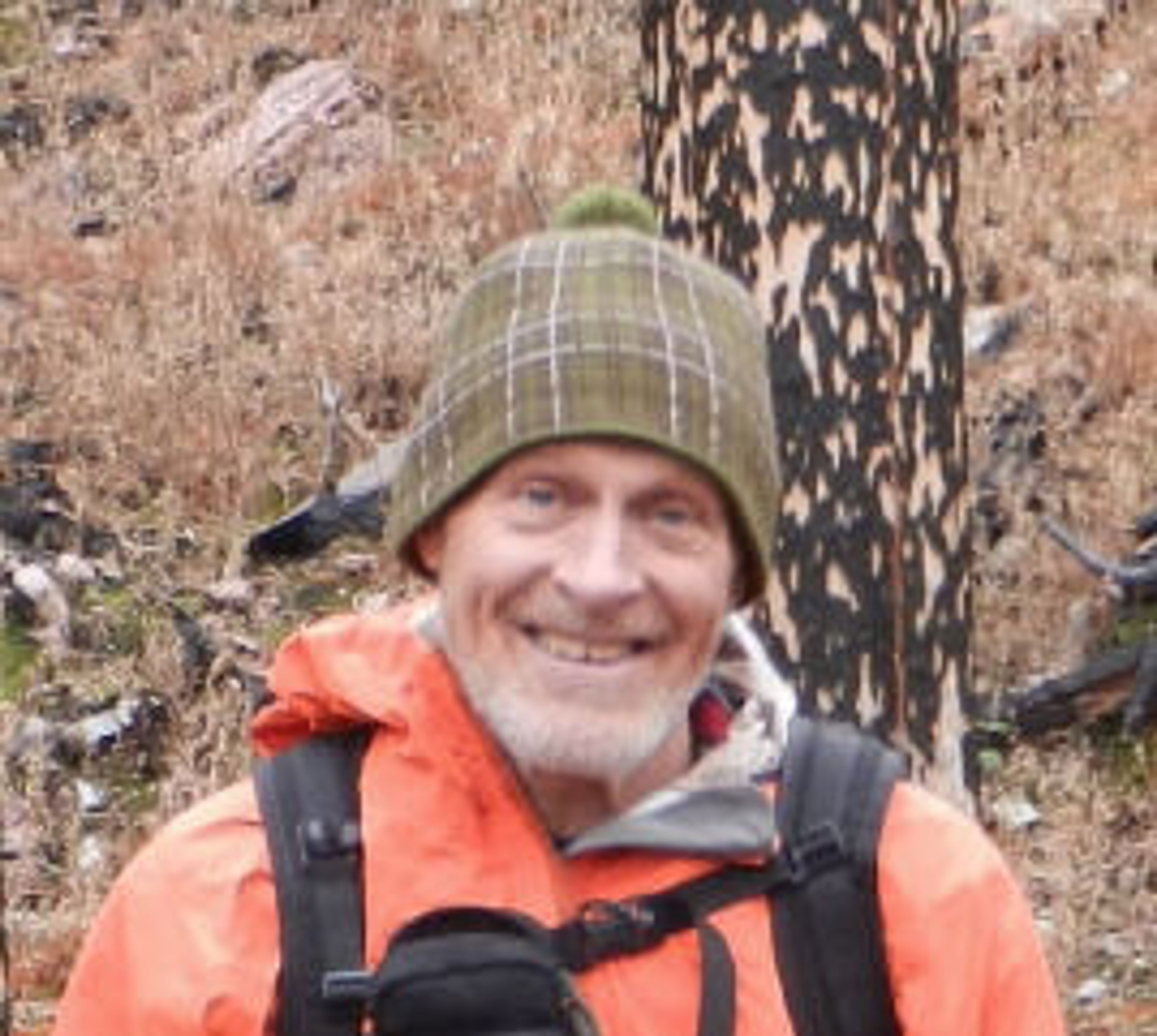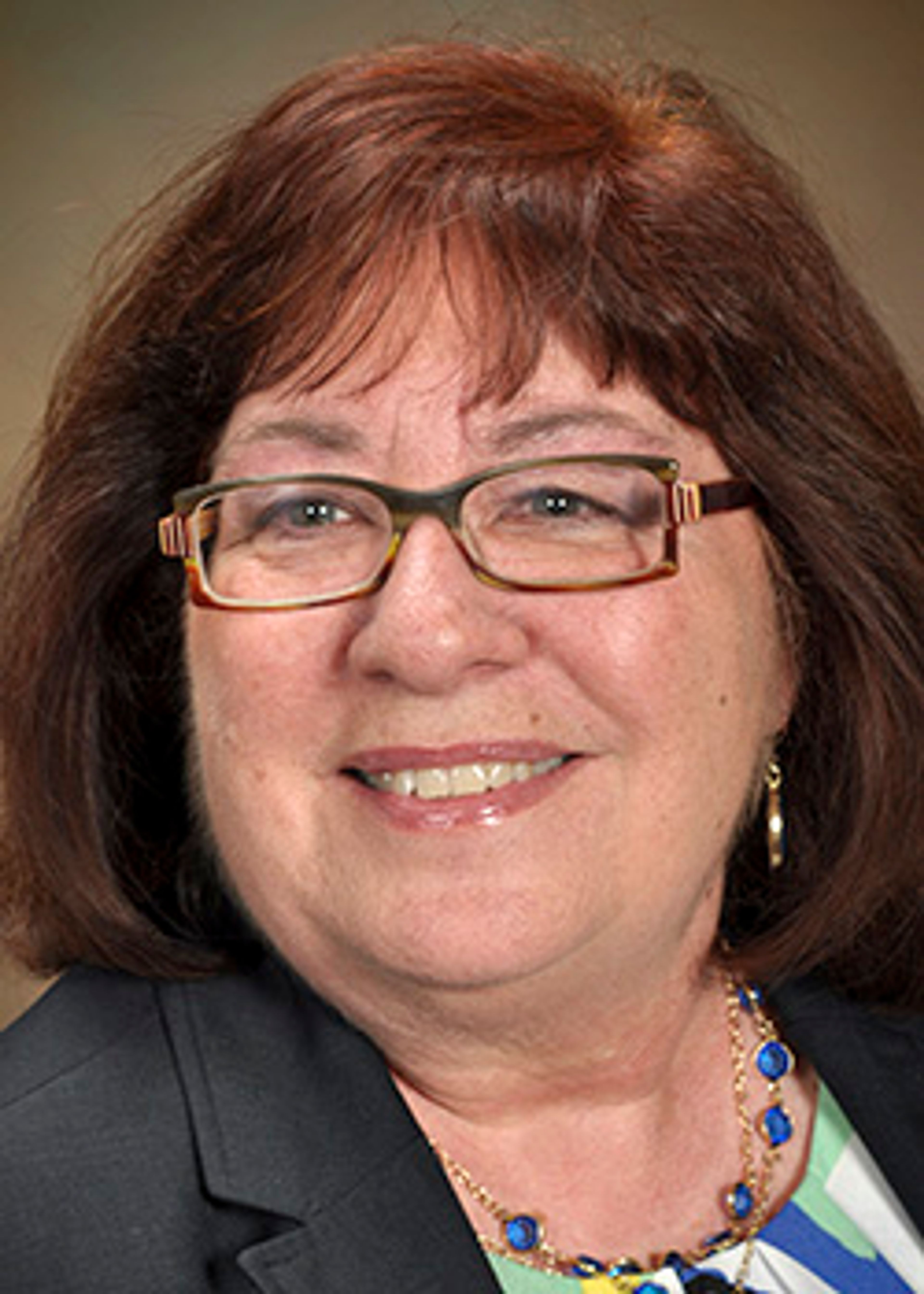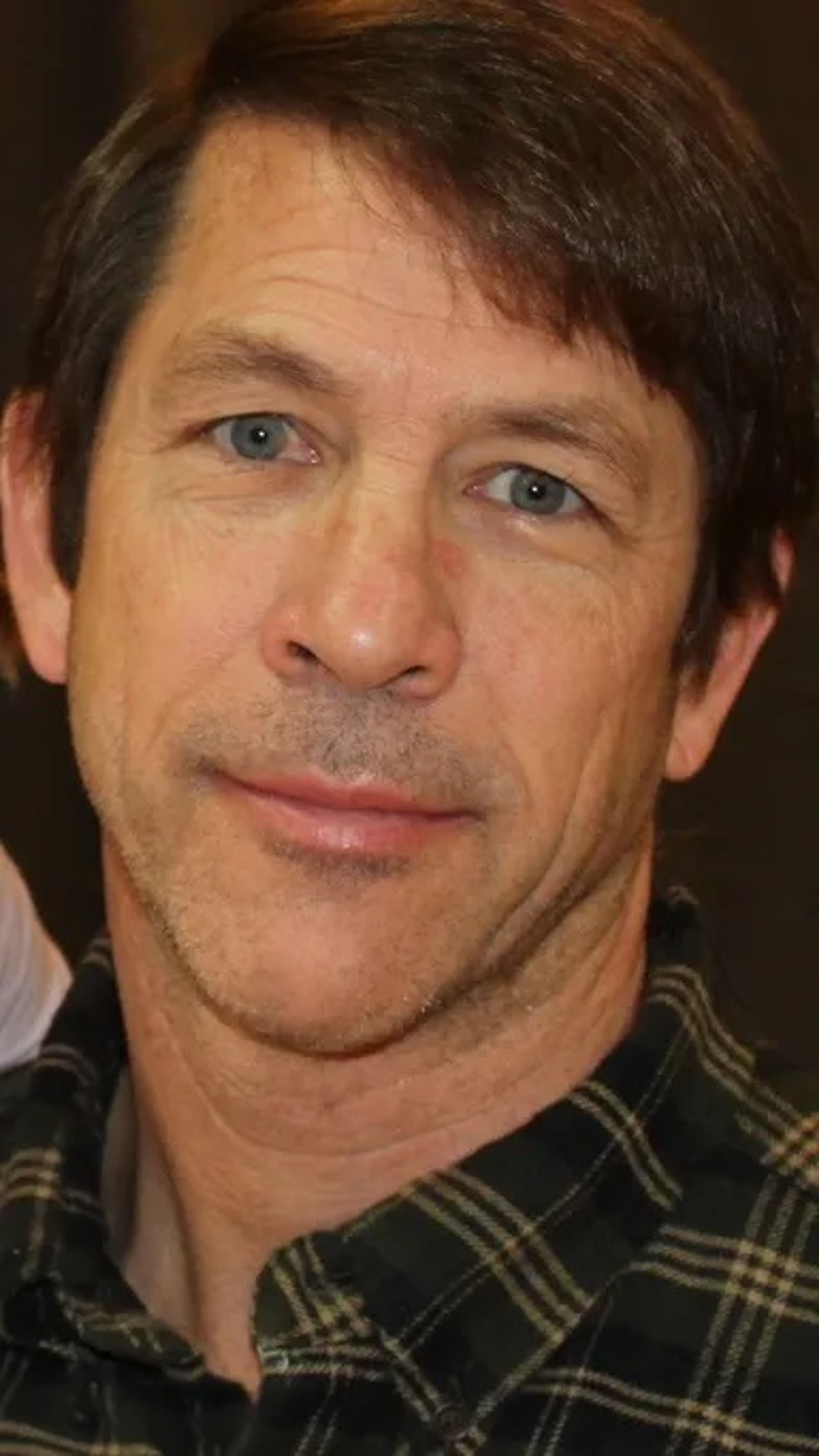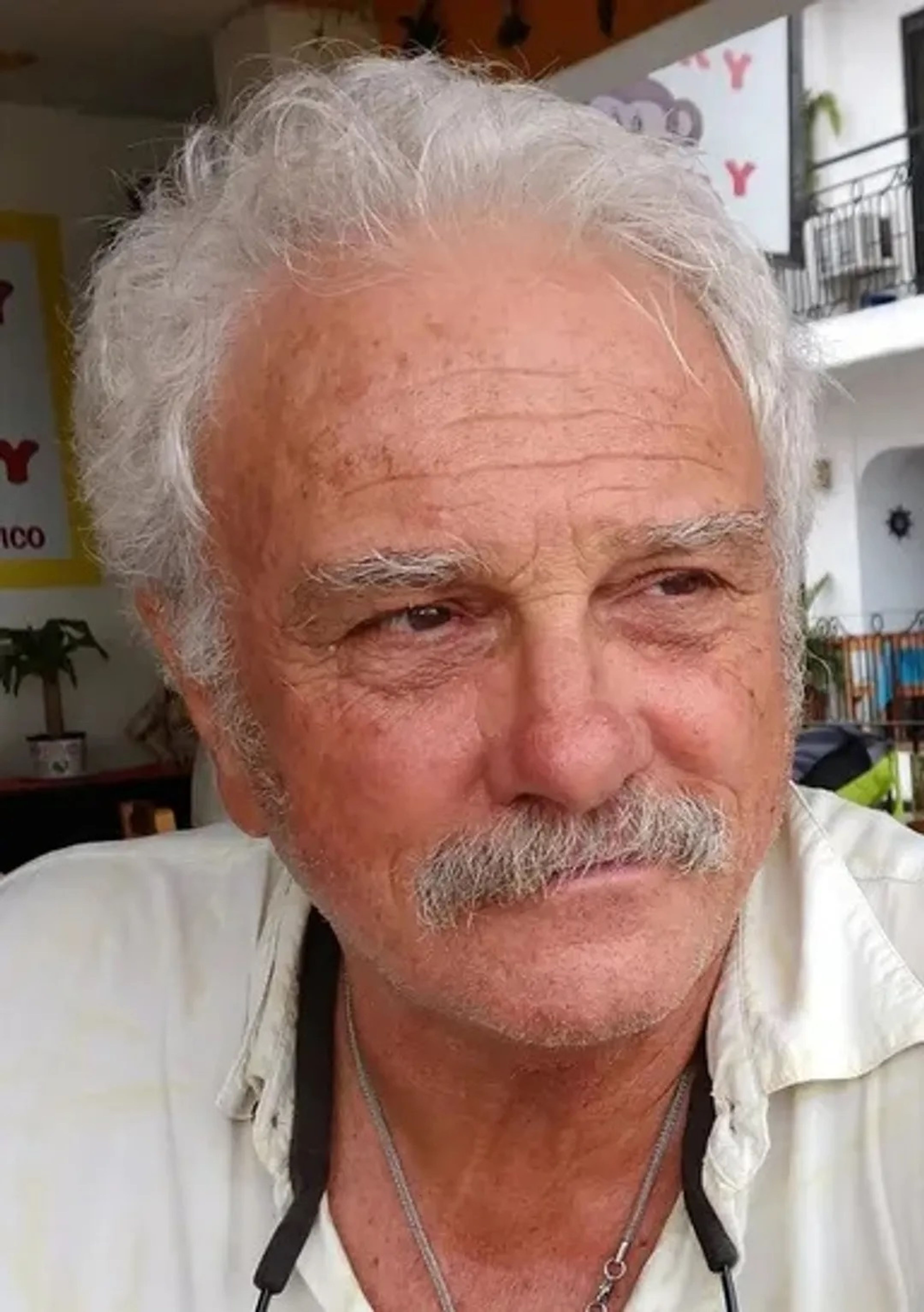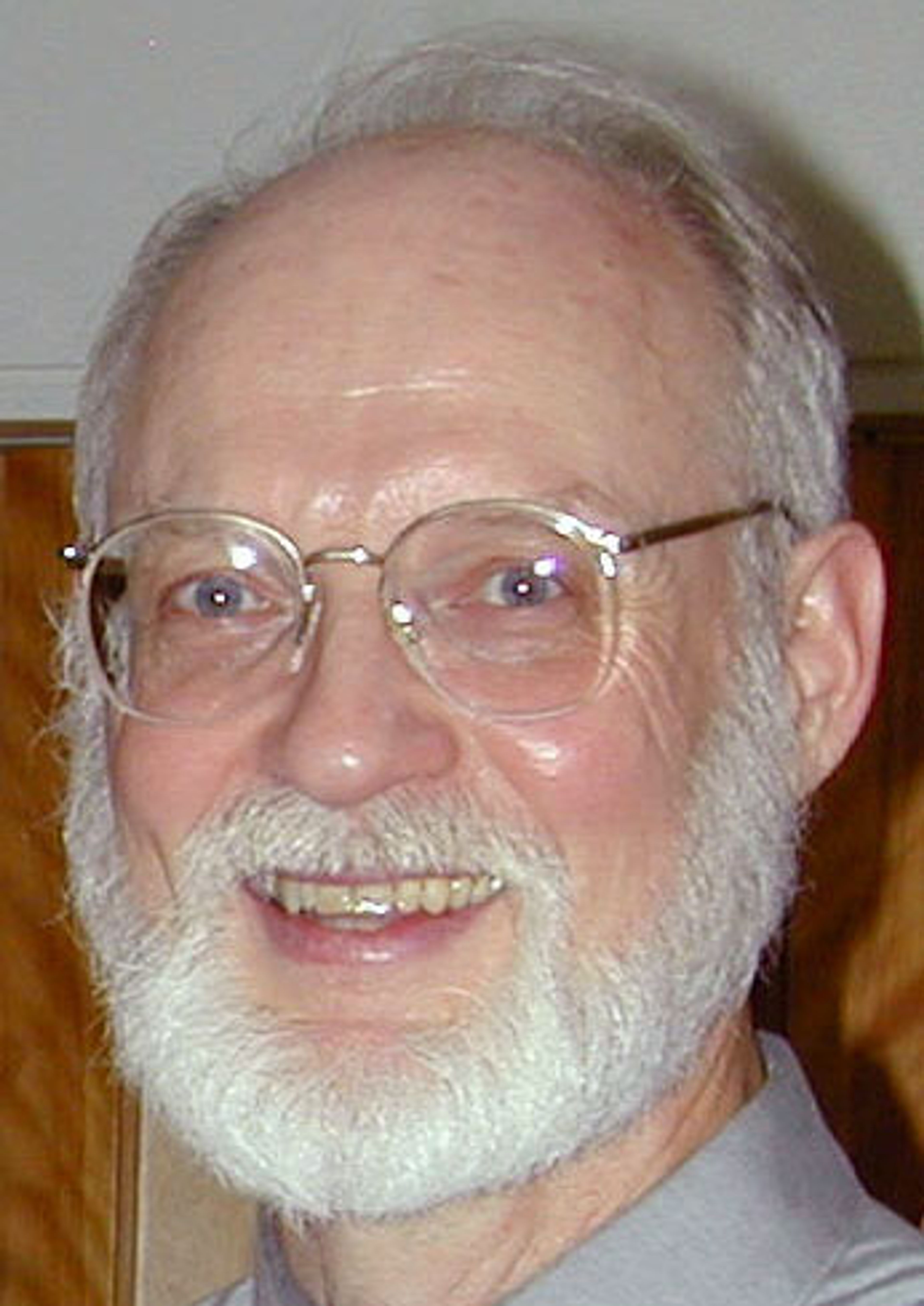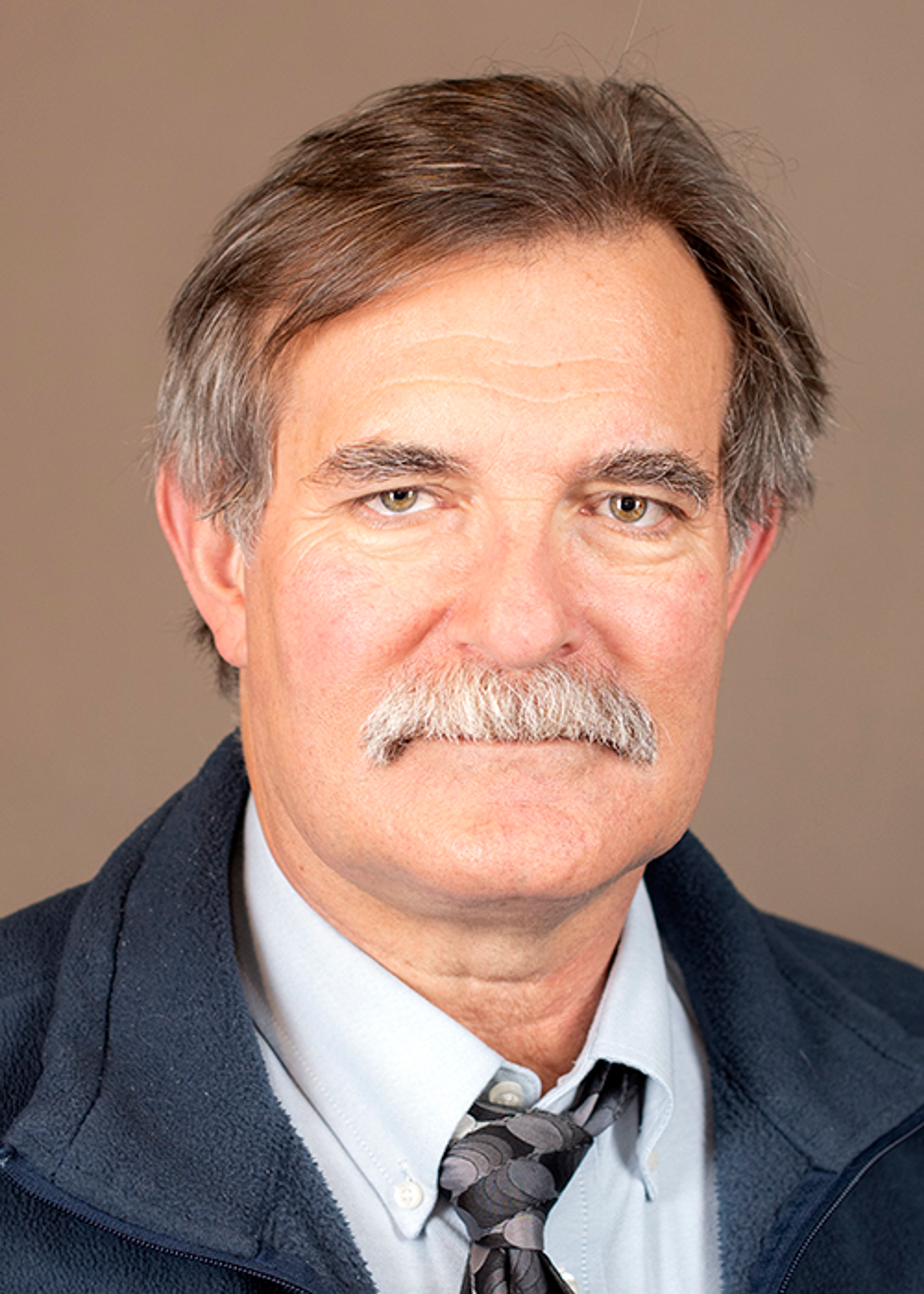In 1987 when the U.S. Forest Service adopted the original forest plan for our Nez Perce National Forest, the agency recognized the need for balancing timber production with maintaining old-growth forest conditions to serve other values: “One of the most critical elements of diversity in a managed forest is old growth. If sufficient old growth is retained, all other vegetative stages from grassland through mature forest will be represented in a managed forest.”
Since that time, the threat of global climate change has highlighted previously underappreciated ecosystem services these older, intact forests provide: their capability to capture (sequester) carbon from the atmosphere and store it in trees and soil. But, apparently oblivious to science, last month the U.S. Forest Service offered a new forest plan for the Nez Perce-Clearwater National Forests that targets the remaining old growth and mature forests for logging almost everywhere outside congressionally designated wilderness. It calls for unprecedented, massive clearcutting across the forest, setting annual quotas more than double the highest cut this century.
Earlier this year a federal judge halted forest service old growth logging in northwest Montana stating, “Put more simply, logging causes immediate carbon losses, while resequestration happens slowly over time, time that the planet may not have.”
Preserving older forests as a natural climate solution can’t substitute for cutting fossil fuel emissions, which remains our most pressing priority. But scientists estimate forests absorb an amount of carbon dioxide per year that is 1.5 times greater than U.S. annual greenhouse gas emissions. So conserving mature and older forests would be a win for both our climate and the community of wildlife the forests serve.
In veiling their excessive, politically motivated timber agenda, the U.S. Forest Service distracts with various justifications for the new plan. They say the Nez Perce-Clearwater National Forests aren’t “resilient” enough. That they’ve suppressed fire for so long that existing “fuels” pose a huge risk to communities. Or that mother nature has the audacity to grow grand fir where there ought to be larch. And under the new plan, all these maladies are to be “treated” with basically the same chainsaw medicine that’s been “prescribed” for decades on the Nez Perce-Clearwater National Forests, plus repeated doses of fire suppression and prescribed burning, altogether costing U.S. taxpayers untold millions of dollars annually.
Of the climate, the U.S. Forest Service claims the “increased resilience” gained by chainsaw medicine adapts forests to climate change, including the effects of wildfires. Although forest fires are trending more common and widespread with climate change, scientific research has discovered fires are a relatively small emissions source, with most of the carbon in burned forests remaining in living and dead biomass on the forest floor and soil, if left undisturbed.
And what of fire risk to communities? The U.S. Forest Service says wildland fire is an essential natural process that cannot be eliminated from the landscape, and notes the factors determining whether homes are capable of withstanding fires are fuels within 40 meters and the flammability of structures themselves, rather than the landscape-scale conditions in the national forest. But instead of mandating meaningful community outreach to help folks prepare for fire and prevent home losses, the new plan exploits fear to sell snake oil, promoting massive logging surrounding communities. This includes increasing the normal maximum limit on acres per clearcut to over 200, already excessive at 40.
Please join Friends of the Clearwater in demanding the U.S. Forest Service properly weigh scientific evidence, retool the forest plan to preserve mature and old trees and forests, respect our Forest’s ability to maintain its own health and integrity, and deliver a more livable climate to the generations to come.
Juel is forest policy director for the Moscow nonprofit conservation organization Friends of the Clearwater. He has enjoyed the quiet recreational opportunities found in the wild Clearwater since he arrived in Missoula more than 30 years ago.
